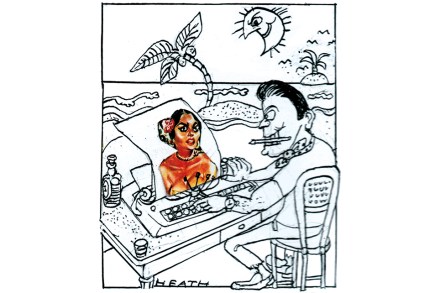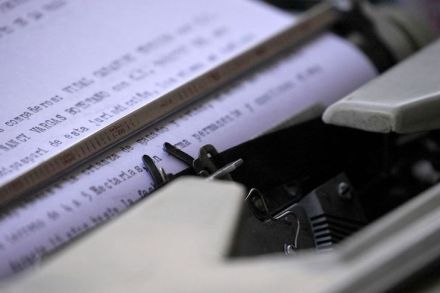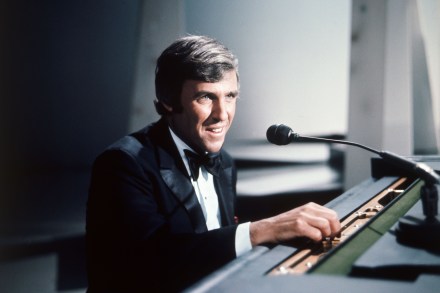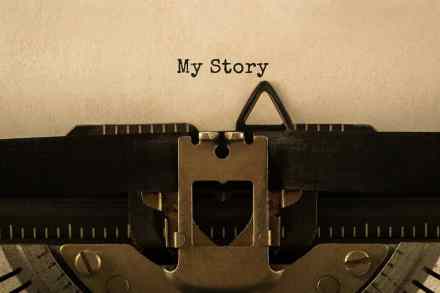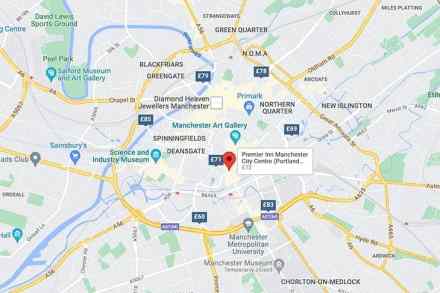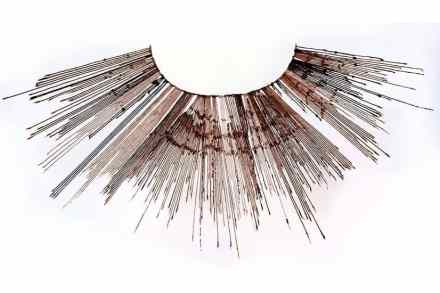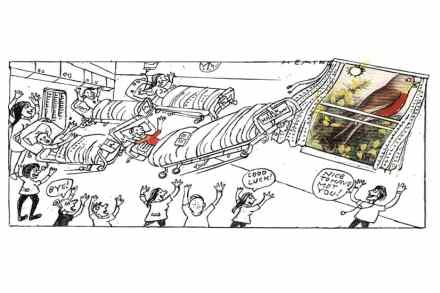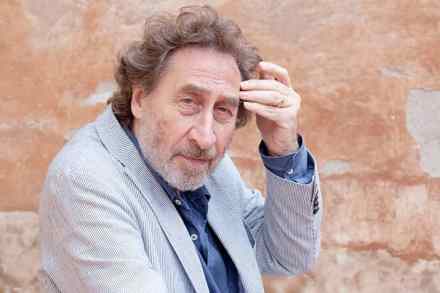The bliss of Phuket’s Millionaire’s Mile
Many of my friends, stranded by the Hollywood writers’ and actors’ strikes, have temporarily given up their film projects and settled down to write that hopeless novel which they could never finish before. Those film projects were more alluring – more necessary – than the lingering novels because they at least held out the prospect of one day bringing them, the openly despised writers, to the kind of fantasy scenarios towards which they have worked all their life. For some, a timbered Elizabethan priory in Sussex; for others a tropical villa perched on a headland with a constant blue bar of sea to make the approach of death feel philosophical.
